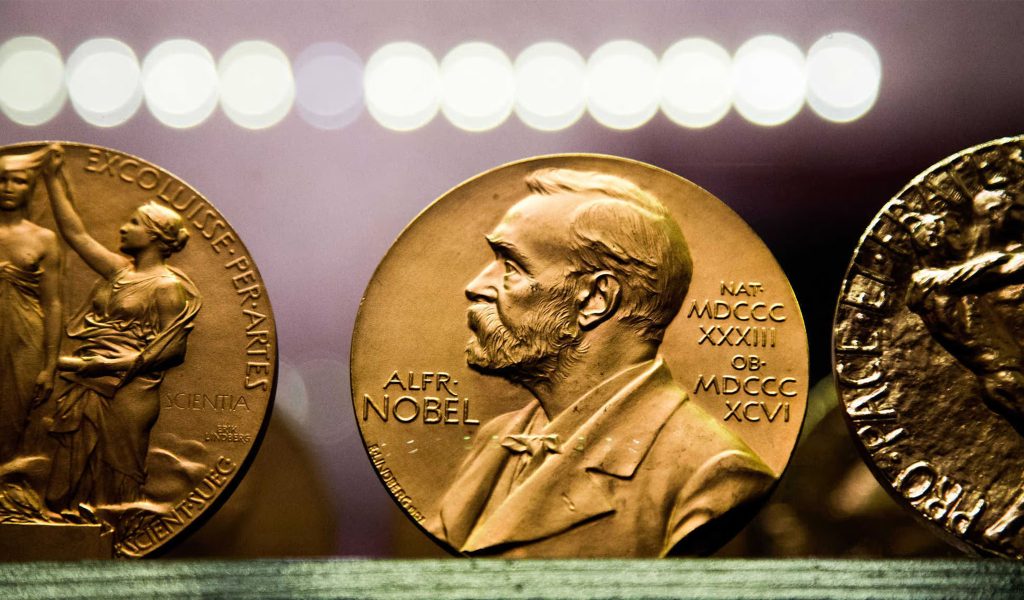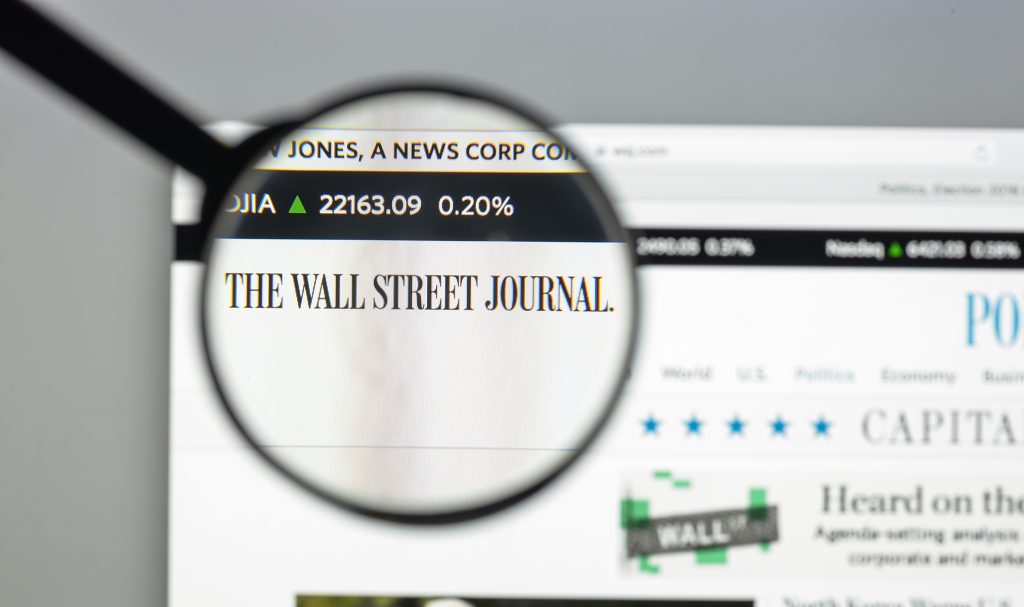In 2010 South Africa hosted soccer’s World Cup. To ready itself for its hosting duties, the country’s government spent enormous sums of money on new stadiums. South Africa’s economy must be much larger today as a result, right?
No, it’s still incredibly poor. So is Athens rather poor despite all the spending meant to ready it for the 2004 Olympics. Same with Brazil after it hosted the 2016 Olympics. While gargantuan amounts were spent on stadiums and infrastructure ahead of these global events, all the three countries have to show for the waste is hulking stadiums mosty in disrepair from a lack of use.
Opposite what Keynesian economic theorists imagine, government spending doesn’t boost economic growth. It by definition slows it as is always the case when governments arrogate to themselves the allocation of precious resources. Put another way, central planning always fails.
Not according to Washington Post columnist Catherine Rampell. In a recent column, Rampell attempted to explain the very real strength of the economy at the moment. Without disagreeing with Rampell that the U.S. economy “is doing pretty well,” her explanation left a lot to be desired.
Rampell believes government spending from 2020-21 explains the good times now. Responding to the economic contraction born of coronavirus lockdowns foisted on us by panicky politicians, Rampell writes that “policymakers swung into action with a swiftness and single-mindedness they hadn’t exhibited in prior downturns.” Supposedly the “stimulative measures helped get people back to work sooner, and avoided the long, painful slog back to normal that had followed the Great Recession.” If Rampell is to be believed, jailed and imprisoned thieves should be released the next time the U.S. economy weakens.
Seemingly lost on Rampell is that politicians can only spend what they’ve taken from us first; that, or borrow against what we’ll produce in the future. Which means there’s no growth born of government spending, rather there’s just a shift of dollars from one set of pockets to another.
That’s what happened in 2020-21. Having put tens of millions of Americans out of work, politicians reached into the pockets of those with means, only to hand the proceeds of the reach to those who to varying degrees had less. Even if you believe consumption is what powers the economy as Rampell apparently does, there was no increase in consumption. There was just a shift.
Meaning policymakers created no economic growth. More realistically, they accomplished the opposite. Let’s not forget that politicians “doing something” crushed the economy in the first place, only for them to stimulate “demand” with the money of others. Rampell would likely reply that the shift of demand was into consumptive hands, but no act of saving ever subtracts from demand as is, unless Rampell believes banks and other financial intermediaries pay for savings in order to just sit on the money. They don’t.
Which means that in 2020-21, U.S. politicians did as Greek, South African and Brazilian politicians did in 2004, 2010, and 2016: they essentially dropped money from helicopters. The problem is that government-engineered consumption doesn’t power economic growth. It’s the equivalent of government employing people to dig holes in order to fill the holes back in. Yes money is spent, yes people are paid, but there’s no growth. Growth is born of investment, meaning growth is a consequence of savings. Of unspent wealth being matched with productive ideas.
No such scenario revealed itself in 2020-21. It was then that politicians “swung into action” to pay people not to work. How Rampell could find growth in a centralized allocation plan that sidelined the very humans who power all economic growth brings new meaning to mysterious, and calls for the columnist to rethink her choice of experts to learn from.
Republished from RealClear Markets





